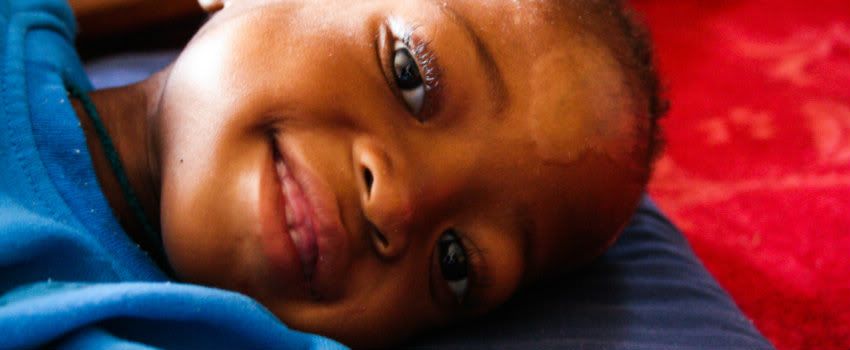“Doesn’t speak the language, holds no currency….” Ah, how apt, Paul Simon, how apt. We are definitely out of the loop as far as the Sesotho speaking goes, and we have yet to successfully withdraw money from the ATM. Foreign life indeed.
1) Basotho communication. Though we never really know what is being said, the way in which they say it definitely seems foreign to American observation. It doesn’t seem unusual to strike up conversation with strangers on the road, at the bank, at the hospital, etc. I wish I could tell you what they were all saying, as perhaps we could steal some lines in order to smooth social interactions in the States, but no such luck.
The other striking observation is that doors and window are no obstacle to Basotho dialogue. People carry on whole conversations that are nearly inaudible (and especially so when you don’t understand the language). As an example, we arrived at a rondavel on outreach last week and began the usual process of trying to locate our client. With the window still firmly rolled shut, the outreach worker proceeded to have an entire conversation with one of the villagers. Sure that something must have been lost in this muffled transaction, we nonetheless then made a beeline straight for our desired destination. Impressive.
2) From food products, to everyday household items, to lifesaving drugs, it is amazing to discover what is and is not available in Mokhotlong. Though of course it is an adjustment to work around the lack of butter, canned tomatoes, coffee, etc, these are easy to accept as the necessary and even exciting challenges you face when living in a foreign country. Much harder to understand is arriving at a hospital pharmacy only to be told that the ARVs prescribed to an infant at TTL are not currently available. Since ARVs require complete adherence, this could be a major problem. Even worse, in the rural clinics, as we’ve already mentioned, they seem to be out of about half the drugs that are prescribed (from antibiotics to painkillers). We haven’t been able to determine exactly where the supply chain is breaking down here. The drugs should be made available by the government, but, as we’ve certainly seen, no transportation is very easy here.
3) On a lighter note, though continuing on the theme of unavailability…we haven’t been able to withdraw any money from the ATM since we arrived. We spoke with the bank manager twice, and she was kind enough to say that she would call TTL when the problem was solved. She called earlier today, and we flew to the bank, envisioning all of the lovely produce (well, whatever produce happened to be available today—see above) we would soon be trucking home. After waiting in line at the ATM for 45 minutes, we received the same error that has taunted us every day since last Friday: “Your Issuer Is Not Available.” Ah well, they assure us that it will be fixed any day now. (ed. to add: I wrote this about a week ago. We have now moved on to them telling us: “Maybe you should really look into other options”)
4) The casual intermingling of life and death. In a country where the average life span hovers in the mid-thirties, and infant mortality skyrockets through a deadly combination of HIV, TB, and poverty-related health issues, it is hard to understand how the Basotho perception of death must differ from ours as Americans. TTL is located right next to the hospital, which you might think should be perceived as a life-sustaining place, but, disturbing to our American perceptions, within 100 yds of the entrance there are at least five coffin shops. The other day we were walking by one of these little huts devoted to coffins, as well as other carpentry wares, and were stopped in our tracks by the ostentatious display of two coffins outside of the shop. One, big and shiny, and another, a tiny little box obviously meant for infants. Though the explicit reason we are here is to help mitigate unnecessary infant deaths, this served as a stark reminder of the many children who have no such assistance. This isn’t to be a complete downer, but definitely another example of how adjusting to things, becoming comfortable and desensitized, might be good and necessary as we spend more time here, but also that sometimes it is just as necessary to stop and consider the differences that remind us of why we are here.


2 comments:
Brig and Reid,
Same song, a few lines later:
"Scatterlings and orphanages
He looks around, around
He sees angels in the architecture
Spinning in infinity
He says Amen! and Hallelujah!"
You guys are the angels in the Lesotho architecture. And I say Amen and Hallelujah!
Love you both. Carpe diem.
Hi Reid and Bridget--
Thank you for all your postings! Each is so interesting and gives us different glimpses into your new lives in Lesotho (including the snow!). You all are doing amazing work. It is easy to see how life and death critical the work of TTL is. And i love the bios of the fab four and the wee ones! We are all rooting for them!
Love and miss you,
Megan
Post a Comment